In today’s climate of uncertainty, small businesses are facing numerous challenges. With higher interest rates, cyber threats, new technologies such as artificial intelligence, and the looming risk of a recession, it is more critical than ever for businesses to build a solid financial base. Vincent Nair, Executive Chairman and CEO of SMARTECH Business Systems, shares insights on the steps you can take now to maximise cash flow and profit while shielding your business from economic downturns.

The Right Approach to Cutting Costs
In an economic crisis, cutting costs becomes a priority for many businesses. However, it’s crucial to approach this carefully to ensure that the cuts serve both your immediate and long-term business goals.
Operational Cost Reduction
Firstly, focus on reducing or eliminating non-essential expenses to make your budget as efficient as possible. According to Nair, areas such as employee travel, client gifts, and event catering budgets are prime candidates for cuts. For example, in an increasingly digital age, consider replacing most business travel with virtual meetings using platforms like Zoom or Microsoft Teams, which can significantly reduce travel costs.
Evaluating Capital Expenses
When it comes to capital expenses, reassess how your spending will impact your bottom line. For instance, if you’re planning a major system upgrade, evaluate whether postponing this project could make your business more resilient by investing the funds elsewhere, such as in marketing efforts or employee development.
Furthermore, always weigh the Return on Investment (ROI) of capital expenditures. If a new technology promises to make your operations more efficient, it might still be worth the investment even during an economic slump.
Setting Realistic KPIs
During a recession, it’s essential to adjust your Key Performance Indicators (KPIs) to reflect the new market reality. “What worked in times of economic prosperity won’t necessarily work in a crisis, so you need to be realistic about your business’s capabilities,” says Nair.
Making KPIs Achievable
Unrealistic targets can lead to employee disengagement and frustration. Instead, set attainable and meaningful KPIs that guide your team through challenging times, ensuring they know what is expected and feel motivated to achieve these goals. Effective KPIs might include revising sales targets based on current market conditions or focusing on customer retention rather than new customer acquisition.
Monitoring and Adapting KPIs
Regularly monitor and adapt KPIs as necessary. Economic conditions can change rapidly, and so should your performance metrics. Utilise analytical tools and market data to make informed decisions about necessary adjustments.
Motivating Your Team
In tough economic times, your team’s morale and productivity can suffer. If growth plans are put on hold, focus on retaining your current employees and incentivizing them to stay engaged and productive.
Retention Strategies
Communicate regularly with your team, providing transparency about the company’s financial health and future plans. Encourage feedback and act on it to foster a sense of belonging and security. Implement performance-based incentives or non-monetary rewards such as additional time off or flexible working hours to keep motivation high.
Training and Development
Invest in training and development to enhance your team’s skills and adaptability. Providing opportunities for professional growth can improve job satisfaction and prepare your workforce to tackle new challenges effectively.
The Importance of E-Commerce
Online business can be a vital source of extra income for many companies. However, transitioning to or expanding e-commerce operations should be approached with caution.
Assessing E-Commerce Fit
“Not every small business adapts well to e-commerce,” warns Nair. Before diving into online sales, ensure you have risk management frameworks in place and that e-commerce aligns with your core competencies. For example, if your business specialises in custom, high-touch services, an e-commerce shift may require significant changes to your service model.
Leveraging Digital Tools
Take advantage of digital marketing tools and platforms to expand your reach online. Search Engine Optimisation (SEO), social media marketing, and e-mail campaigns can effectively drive traffic to your e-commerce site and boost sales. For instance, using Google Analytics can help you better understand your website’s performance and customer behaviour.

Securing the Right Insurance
Having the right insurance is just as important during tough economic times. There are options available that can help you maintain coverage while managing costs, ensuring your business stays protected.
Managing Insurance Premiums
One approach is to pay insurance premiums monthly instead of upfront as a lump sum, which can help smooth out your cash flow. Alternatively, consider premium funding, a borrowing option specifically designed to pay for insurance premiums.
Trade Credit Insurance
Another valuable option is trade credit insurance, which can provide a financial safety net if your customers default on their invoices. This type of insurance can be crucial for maintaining business stability during a downturn.
Working with a Broker
An experienced insurance broker can be an invaluable partner, helping you navigate the complexities of business insurance during an economic downturn. Brokers can tailor insurance packages that fit your specific needs, ensuring you have the necessary coverage to build a resilient future.
Additional Steps to Strengthen Your Business
Diversifying Revenue Streams
Consider diversifying your revenue streams to make your business more resilient to economic fluctuations. For example, if you operate a manufacturing business, adding a maintenance service could provide a steady income even when product sales decline.
Enhancing Customer Relationships
Building strong relationships with your customers can provide a buffer during tough times. Focus on delivering exceptional customer service, maintaining open communication, and developing loyalty programs to retain your customer base.
External Resources and Support
Don’t hesitate to seek external support. Government grants, low-interest loans, or business advisory services can provide much-needed assistance. Websites like business.gov.au offer resources and information on government support available to small businesses in Australia.
Preparing for the Future
“In my nearly 30 years of business across the Asia-Pacific, I have seen recessions come and go,” assures Nair. “I can confidently say that the best is always yet to come.”
By taking proactive steps to manage costs, set realistic KPIs, motivate your team, appropriately leverage e-commerce, secure the right insurance, and explore additional strategies to fortify your business, you can navigate economic downturns more effectively and position your business for future success.
The steps outlined here can help you build a resilient business foundation. For tailored insurance solutions to protect your business, consider consulting with All Star Brokers to find the best coverage options for your unique needs. Additionally, stay informed and adaptable by leveraging resources and support from reputable external sources.
Important notice
All information in this article is of a general nature only. This information does not take into account your specific objectives, financial situation or needs. It is also not financial advice, nor complete. Information is subject to change.
Steadfast Group Ltd ACN 073 659 677
Important notice – Steadfast Group Limited ABN 98 073 659 677 and Steadfast Network Brokers
This article provides information rather than financial product or other advice. The content of this article, including any information contained in it, has been prepared without taking into account your objectives, financial situation or needs. You should consider the appropriateness of the information, taking these matters into account, before you act on any information. In particular, you should review the product disclosure statement for any product that the information relates to it before acquiring the product.
Information is current as at the date the article is written as specified within it but is subject to change. Steadfast Group Ltd and Steadfast Network Brokers make no representation as to the accuracy or completeness of the information. Various third parties have contributed to the production of this content. All information is subject to copyright and may not be reproduced without the prior written consent of Steadfast Group Limited.
